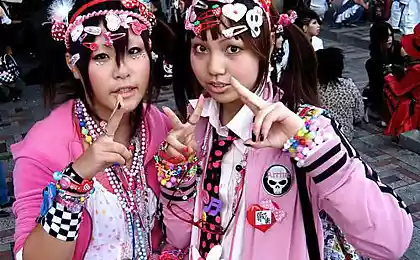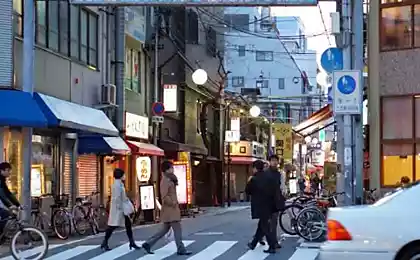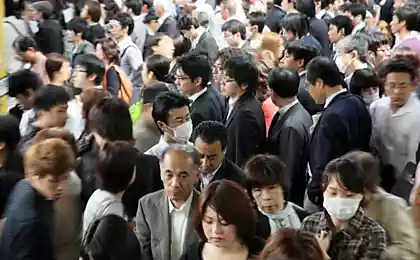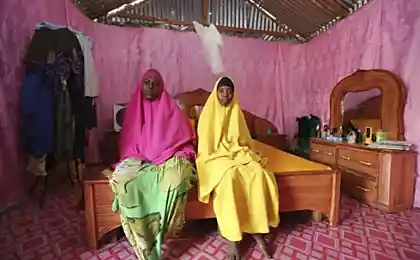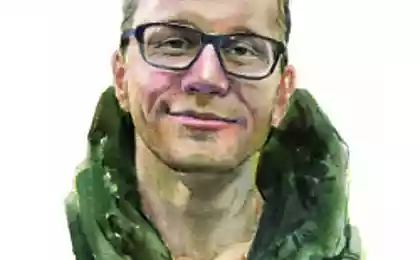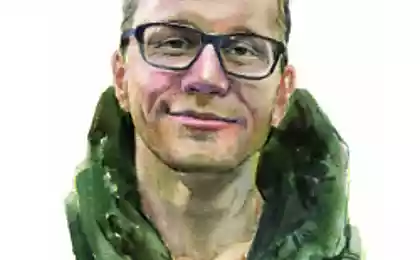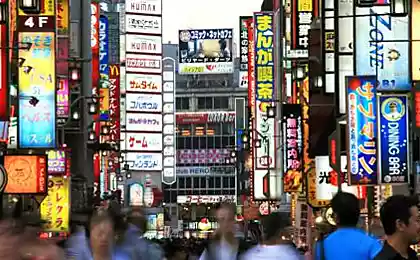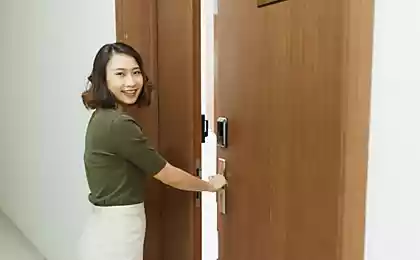641
As the Japanese live in rooms of 1 to 2
Only in Tokyo, there are 10 thousand. People living in cage homes 1for size of 2 m at an internet cafe. There they spend the night, eat, watch cartoons and movies, sitting on the Internet. It is growing in Japan, a layer of "poor white-collar workers" who do not have money for immigration to even the room.

The stagnation of the Japanese economy and high property prices expand the class of so-called "Working poor." The suburbs of large cities full of elderly "blue-collar" yutyaschihsya there huts and living podёnnoy work. For example, only in the Airin, a suburb of Osaka 30 thousand lives. Disadvantaged elderly. The town is virtually deserted, the police prefer not to go there, and runs the Mafia "Yakuza".

But in recent years a significant number of office workers and creative professionals (kreaklov) fall into the category of "working poor." Give up to 60-70% of earnings for the few able to eat habitation (alternative - to live in the suburbs, 1, 5-2 hours one way to work, in this case, you can manage the cost of housing is 40% of earnings, which is about 1, 5-2 ths. per month).
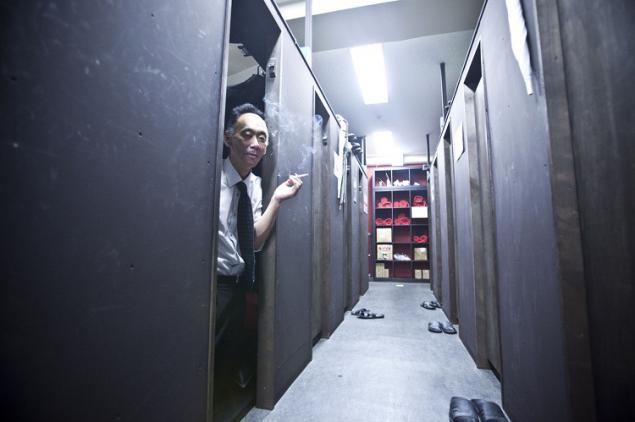
The market here will put everything in its place. The major Japanese cities, there was a proposal for an exotic "housing market" as cubicles in Internet cafes. Their owners have begun to divide the room in the "rooms" of 1 to 2 meters, with walls of plastic. One night in a cage costs about $ 25, but you can pay once for the week ahead, and then it will eat during this time will cost $ 150 (per month - 600-650 dollars). However, this price includes services such as free use of the computer connecting to the network drives with movies, comic books and unlimited beverages (such as "Coke"). Shower one on the floor - 25-30 cubbyholes, bathe in it further is $ 3, and in order to save the majority of the inhabitants of a doss house usually take water treatments once a week.

This segment of "housing market" is the fastest growing in Japan. For example, now in Tokyo, there are about 10 thousand. Inhabitants of Internet cafes, and three years ago they were 5, 4 thousand.

Their inhabitants are called "Internet refugees", and many of them live in such conditions for more than 5 years, with no prospect of ever move to a human accommodation.

taken here ttolk.ru/?p=15976

Source:

The stagnation of the Japanese economy and high property prices expand the class of so-called "Working poor." The suburbs of large cities full of elderly "blue-collar" yutyaschihsya there huts and living podёnnoy work. For example, only in the Airin, a suburb of Osaka 30 thousand lives. Disadvantaged elderly. The town is virtually deserted, the police prefer not to go there, and runs the Mafia "Yakuza".

But in recent years a significant number of office workers and creative professionals (kreaklov) fall into the category of "working poor." Give up to 60-70% of earnings for the few able to eat habitation (alternative - to live in the suburbs, 1, 5-2 hours one way to work, in this case, you can manage the cost of housing is 40% of earnings, which is about 1, 5-2 ths. per month).

The market here will put everything in its place. The major Japanese cities, there was a proposal for an exotic "housing market" as cubicles in Internet cafes. Their owners have begun to divide the room in the "rooms" of 1 to 2 meters, with walls of plastic. One night in a cage costs about $ 25, but you can pay once for the week ahead, and then it will eat during this time will cost $ 150 (per month - 600-650 dollars). However, this price includes services such as free use of the computer connecting to the network drives with movies, comic books and unlimited beverages (such as "Coke"). Shower one on the floor - 25-30 cubbyholes, bathe in it further is $ 3, and in order to save the majority of the inhabitants of a doss house usually take water treatments once a week.

This segment of "housing market" is the fastest growing in Japan. For example, now in Tokyo, there are about 10 thousand. Inhabitants of Internet cafes, and three years ago they were 5, 4 thousand.

Their inhabitants are called "Internet refugees", and many of them live in such conditions for more than 5 years, with no prospect of ever move to a human accommodation.

taken here ttolk.ru/?p=15976

Source:
